Donald Trump never made a secret of the fact that he wanted to be a commanding president but it wasn’t clear that it included a command economy. In the past few months, though, Trump has been steadily meddling with it, ranging from his insistence on a 15 percent cut of the profits from his threats against computer chip manufacturers Nvidia and AMD to his threats against the independence of the Federal Reserve – including his peremptory demand that Fed Governor Lisa Cook resign, which she has vowed to resist. Others are not as resistant. It appears that Trump has successfully extorted a cool $10 billion from Intel CEO Lip-Bu Tan whom he has previously derided as in cahoots with China.
Trump is depicting his move as a grand bargain that will benefit both sides. Intel buys itself not into his good graces, but also derives the benefit of Trump’s unique financial acumen. “I said,” Trump said, “I think it would be good having the United States as your partner.”
Actually, it wouldn’t. Trump seems to think of the American economy in terms of a buddy movie in which he partners up with bigtime corporate CEOs. But the more Trump distorts the free market economy, the greater the risk that he will capsize it. The American economy has flourished because it has promoted entrepreneurialism backed by the rule of law. How can Trump credibly attack New York’s socialist candidate for mayor, Zohran Mamdani, at a moment when he himself is instituting, as far as possible, much more radical changes to steer the economy?
In jettisoning conservative precepts about the economy – free trade bad, tariffs good and so on – he seems to want to emulate strongmen abroad, including China’s Xi-Jin Ping. He is intruding into corporate boardroom and acting as though he possessed a patent on economic wisdom. History says otherwise. In the past century various communist regimes imploded under the weight of dysfunctional command economies. With its hybrid capitalist system, China has avoided that fate. But it is by no means clear that Beijing offers a superior model to western capitalism. Quite the contrary. It suffers from a bloated real estate market, an aging population and willful economic decisions imposed by the communist party. Indeed, the American Enterprise Institute’s Desmond Lachman suggests that the Chinese economic miracle has reached its terminus, in part because of its oppressive crackdown on the tech sector. Like Japan, Lachman believes that China may be about to experience “a lost decade of painfully slow economic growth.” Hmm. Is that really the path that America wants to follow?
Trump should think again. He has become intoxicated by his own rhetoric, issuing ukases on everything from greening Washington, DC with new sprinkler systems to intervening in the nation’s economy.
As Trump ponders further excellent adventures in tampering with the free market, he would do well to remember that the Hippocratic Oath also applies to the economy – first do no harm.



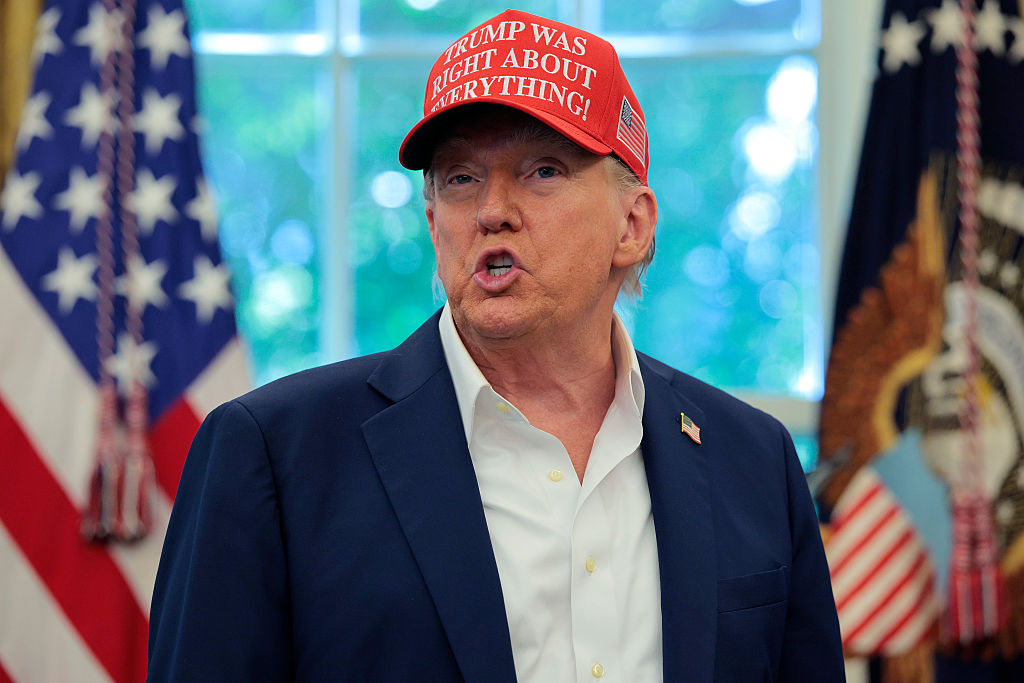






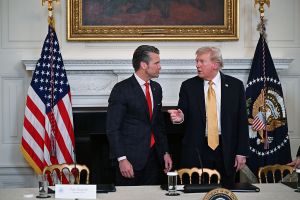
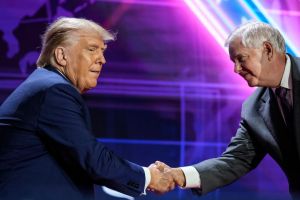
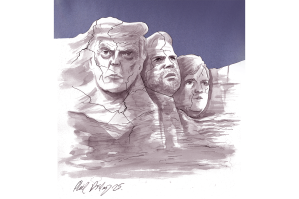
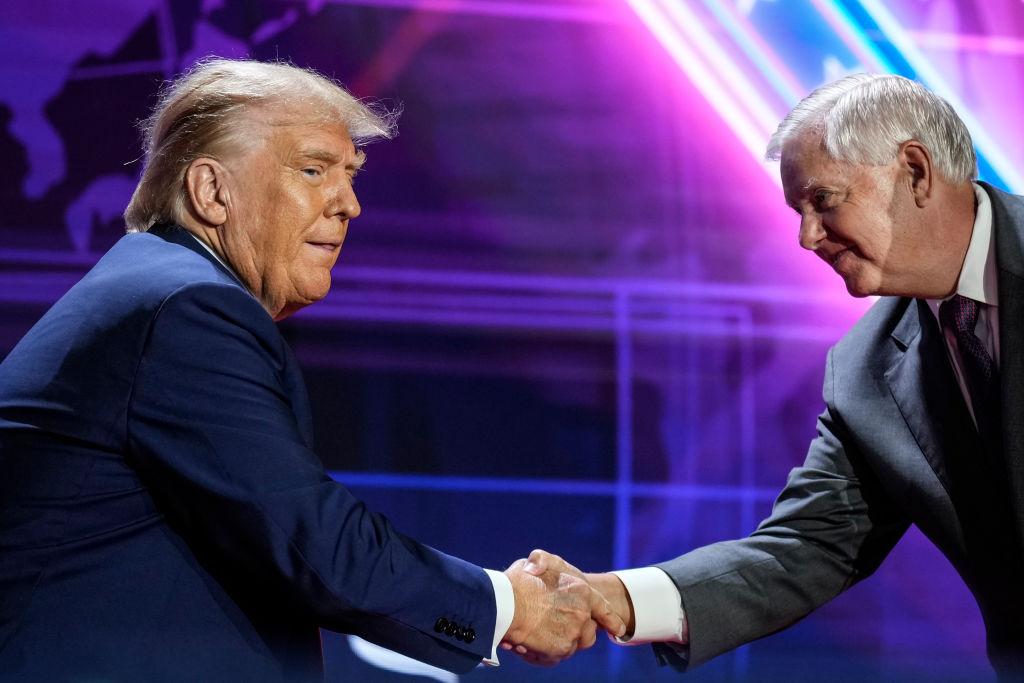
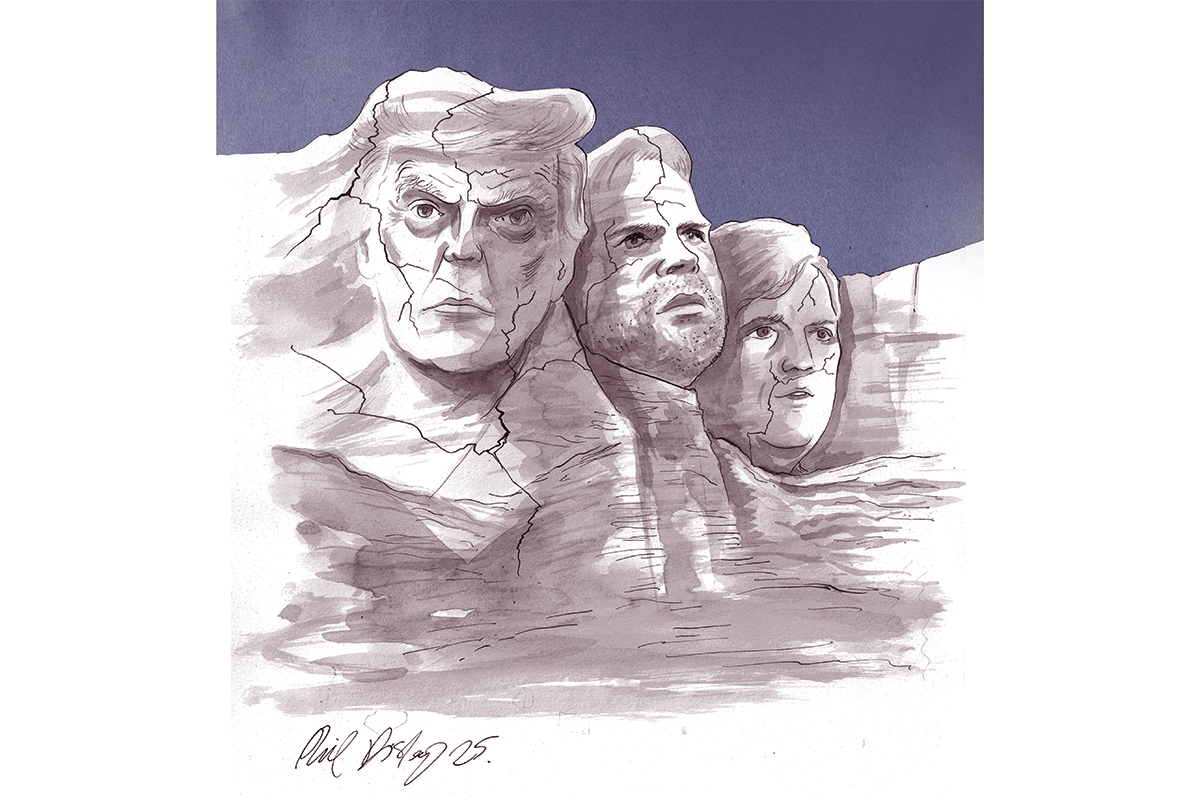
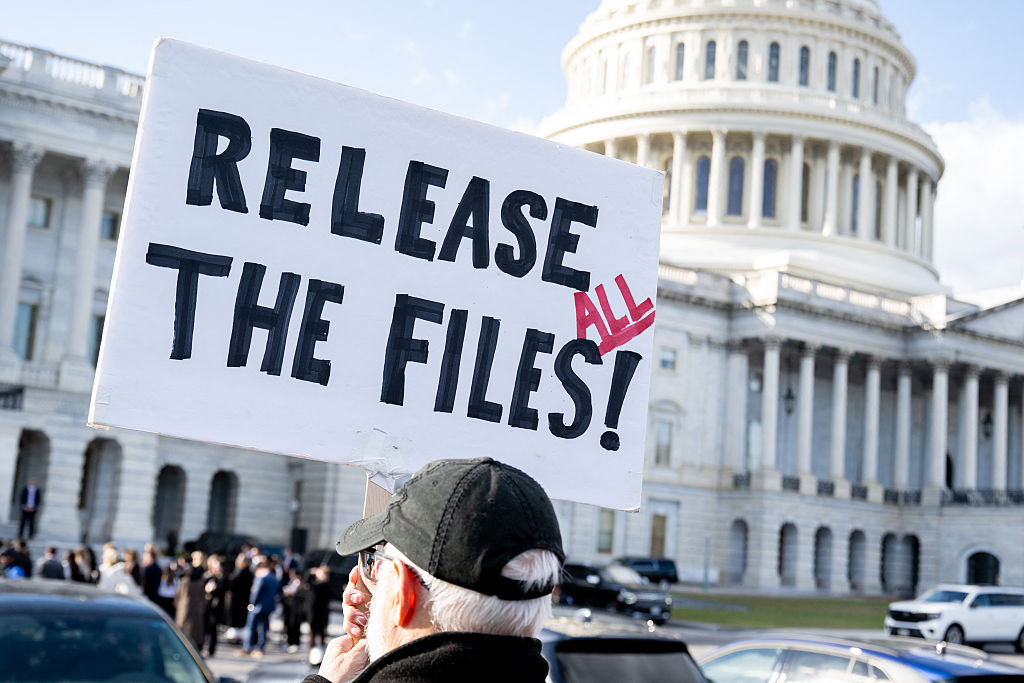

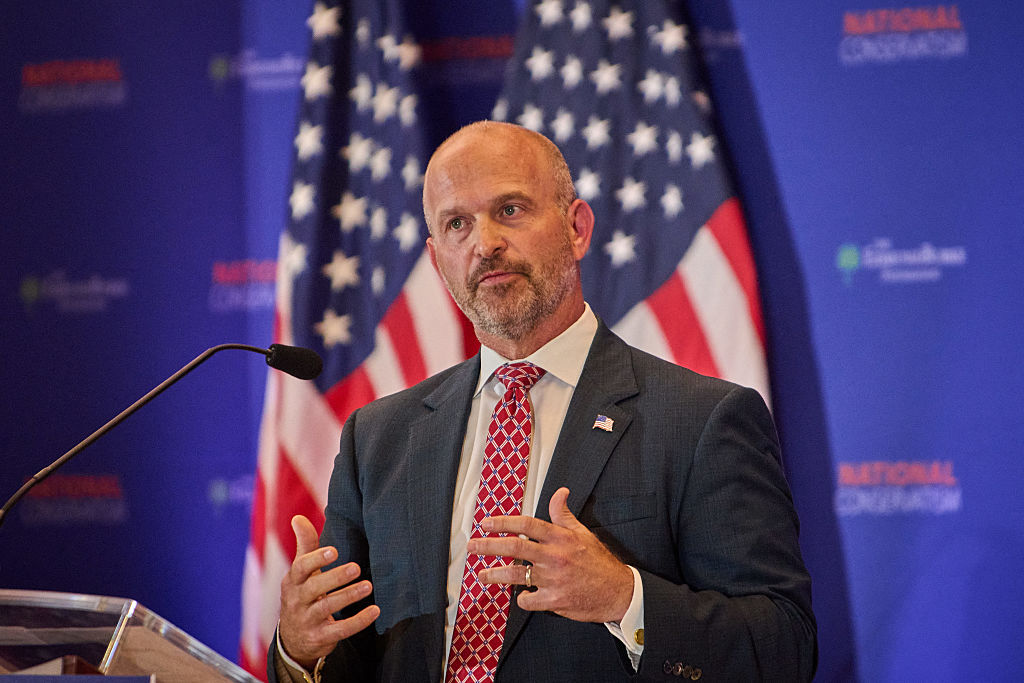
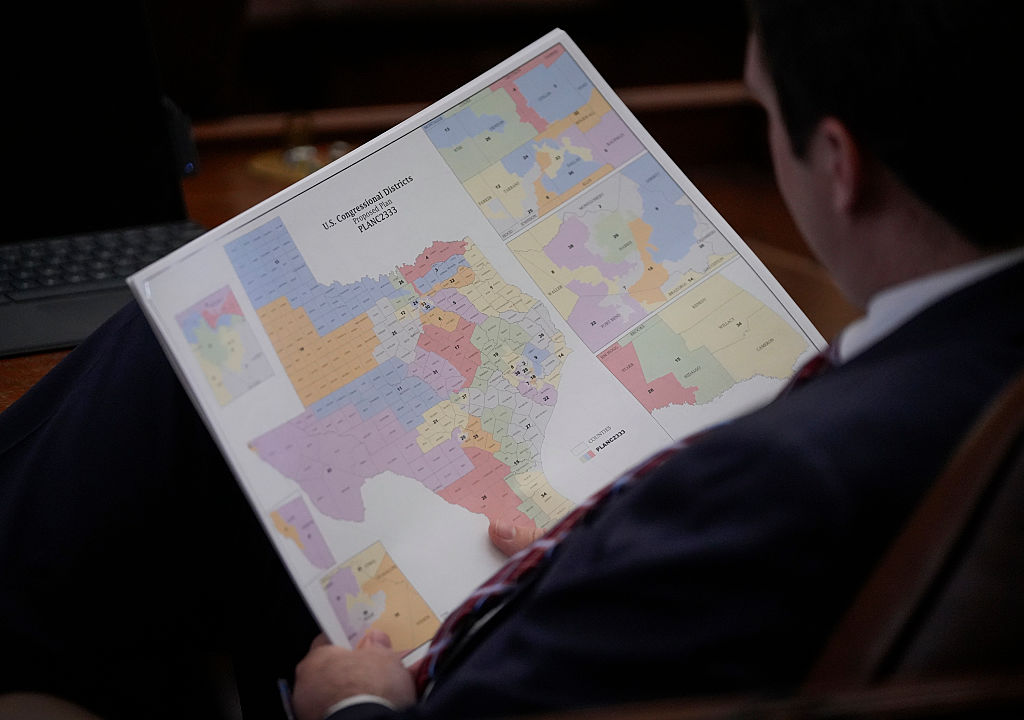







Leave a Reply